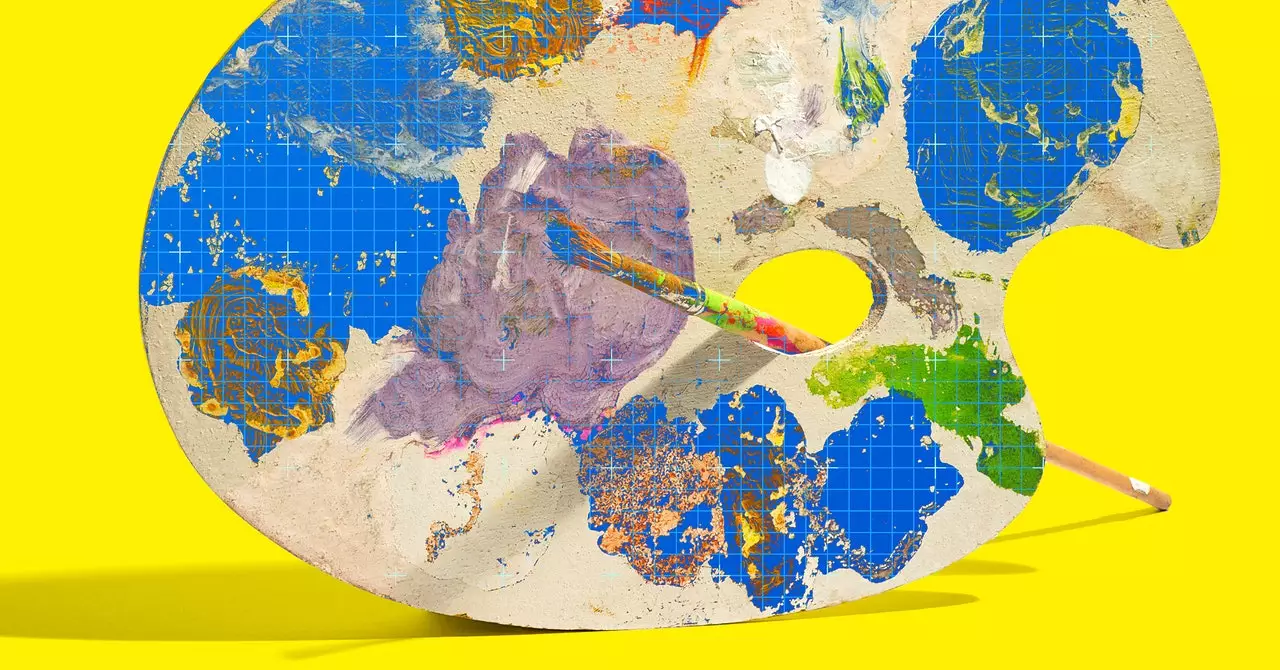Artificial intelligence (AI) has permeated various industries, and the realm of literature is no exception. With the advent of AI-powered language models, there is now a possibility that AI robots could create viable literary works. However, this prospect is met with apprehension by writers and readers alike. The fear of a marketplace flooded with books authored by AI prompts the question: Can AI ever replicate the unique human connection we seek in literature? While AI may possess the ability to generate great content, there is an inherent aspect of human authorship that can never be replicated. This article explores the profound importance of the human connection in literature and why AI can never replace human authors.
When we engage with any form of art, whether it be literature, visual arts, or music, we are not solely seeking great content. We are in search of a human connection. Even when an author is long deceased, as is the case with Chaucer, readers can still feel a deep connection with them through their works. This connection transcends time and allows us to delve into the mind of someone who lived centuries ago. Despite the language barriers that may exist, we can still understand and resonate with their thoughts and emotions. This human connection is what makes literature timeless and why generations of readers continue to find solace and inspiration in the works of authors long gone.
While AI algorithms excel in terms of productivity, their ability to replicate human creativity remains limited. AI models, such as Google’s Gemini, can accomplish tasks such as organizing events and creating captions for pictures. These automated processes undoubtedly save time and streamline activities. However, when it comes to creativity that fosters human connection, AI falls short. The cute caption provided by Gemini for a family dog picture may be amusing, but it lacks the personal touch and emotional depth that a human-authored caption would possess. When we share these moments on social media, we are not merely engaging in self-expression; we are seeking connections with our friends and followers. The use of AI-generated content inevitably creates a disconnect, distancing us from those we wish to connect with.
The essence of human authorship lies in the unique experiences, emotions, and perspectives that writers bring to their work. Literature is an exploration of the human condition, often offering profound insights into the complexities of life. These insights are born from the depths of human experiences, which AI is incapable of replicating. No matter how advanced AI algorithms become, they lack the ability to truly understand the human experience. As readers, we yearn for works that resonate with our own experiences, for narratives that reflect our joys, sorrows, and triumphs. This deep connection can only be forged through the human touch of an author who has lived, felt, and contemplated the world.
Another crucial aspect of human authorship is the notion of authenticity. When we read a novel, we invest in the author’s authenticity and trust that their words come from a genuine place. With AI-generated works, this authenticity is eroded. Knowing that a piece of literature was not created by a human being, but rather an artificial intelligence system, leaves readers feeling cheated. The trust and connection established between readers and authors are shattered, replaced by a sense of deceit and impersonality. Authenticity is a cornerstone of literature, and without it, the very essence of storytelling is compromised.
In a world driven by technological advancements, it is natural to question the future of human authorship in the face of AI. While AI may continue to evolve and generate impressive content, it can never replicate the profound human connection that we seek in literature. Our desire to understand and be understood, to empathize and resonate with the human experience, transcends the capabilities of AI. The uniqueness of human authorship lies not only in the words on a page but in the emotions, experiences, and authenticity that are inherent in every piece of literature. As readers, we must cherish and celebrate the unparalleled bond we form with human authors, for they are the gatekeepers of the human connection in literature.


Leave a Reply